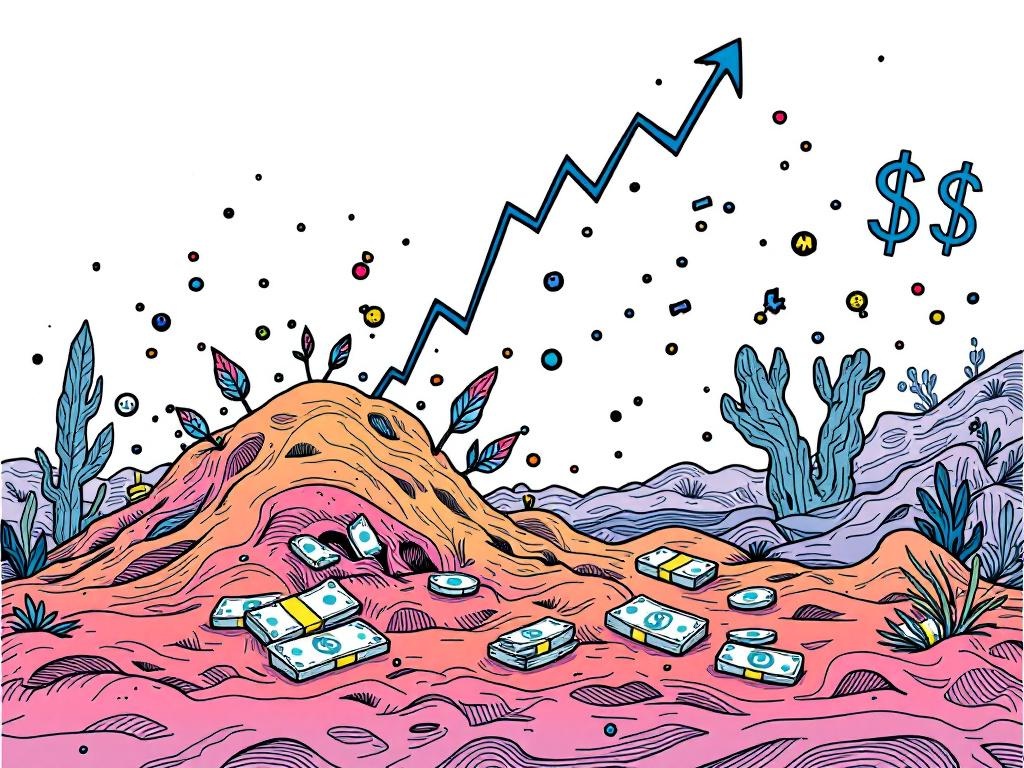Replimune's Promising Results for Acral Melanoma at ESMO 2025

Woburn, Sunday, 19 October 2025.
Replimune’s RP1 combined with Nivolumab achieved a 44% response rate in acral melanoma, a rare and aggressive skin cancer, with a median response duration of 11.9 months.
Introduction to Replimune’s Breakthrough
On October 19, 2025, Replimune Group, Inc. (NASDAQ: REPL) presented groundbreaking data at the ESMO Congress 2025 in Berlin. The clinical-stage biotechnology company showcased the efficacy of its investigational treatment, RP1, in combination with Nivolumab for treating acral melanoma, a rare and aggressive type of skin cancer predominantly affecting individuals with darker skin tones. This data highlights a substantial objective response rate of 44% among patients, with a median response duration of 11.9 months [1][5].
Understanding Acral Melanoma
Acral melanoma accounts for 2%-3% of all melanoma cases and is typically located on the palms, soles, and under the nails. It is known for its poor outcomes and resistance to traditional therapies, with existing treatments showing an objective response rate of only 20%-40% in first-line settings [3][6]. The aggressive nature and low incidence of this subtype make it a challenging frontier in dermatological oncology [7].
RP1 and Nivolumab Combination Therapy
RP1, also known as vusolimogene oderparepvec, is an oncolytic immunotherapy developed by Replimune. It is engineered from a proprietary strain of herpes simplex virus to enhance tumor cell killing and stimulate an anti-tumor immune response. Nivolumab, an immune checkpoint inhibitor produced by Bristol Myers Squibb, works by blocking the PD-1 pathway, thereby enhancing T-cell response against tumor cells [1][2][4]. The combination of these two therapies has demonstrated promising efficacy in the IGNYTE phase 2 trial, achieving a significant response in patients who have exhausted other treatment options [2][6].
Implications for Future Treatments
The positive data presented by Replimune at ESMO 2025 positions the company at the forefront of cancer treatment innovation. The ongoing IGNYTE-3 phase 3 trial, currently recruiting, is set to further explore this combination therapy in patients whose melanoma has progressed following prior treatments. If successful, RP1 combined with Nivolumab could become a pivotal option in the treatment landscape for acral melanoma and potentially other resistant melanoma subtypes in the future [1][3][5].
Sources
- www.globenewswire.com
- ca.marketscreener.com
- www.marketscreener.com
- www.quiverquant.com
- www.mdpi.com
- www.marketscreener.com
- de.finance.yahoo.com